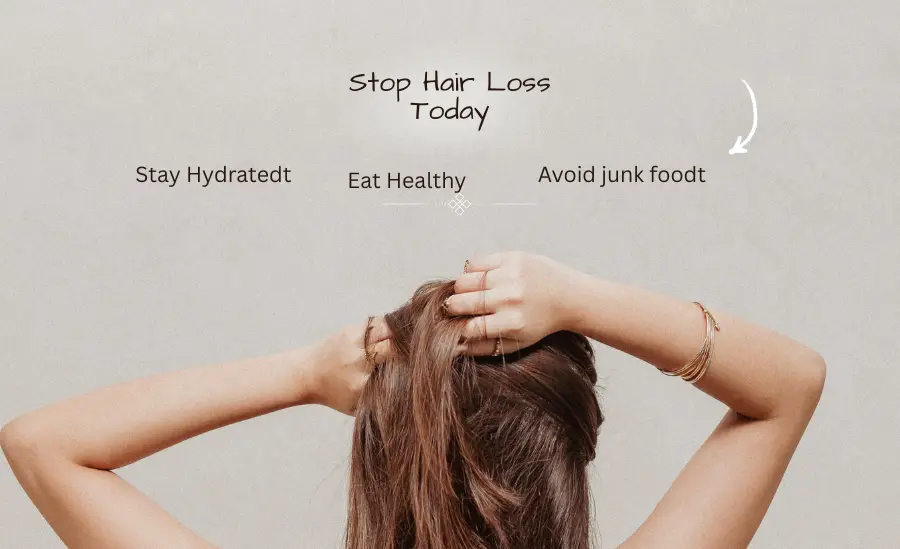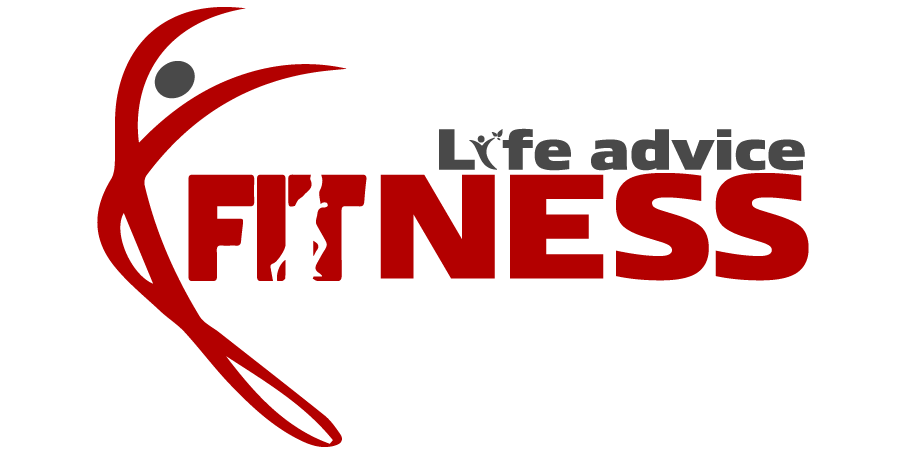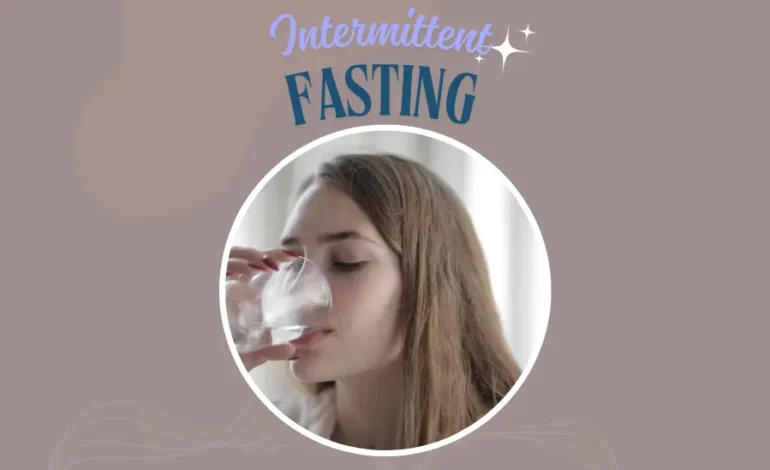Introduction
Can Eating Junk Food Affect Your Hair Growth? Research says — Yes, of course, a well-balanced diet is not only important for our body but also essential for our hair growth and nourishment. Junk food doesn’t contain nutrients to fulfil our body’s nutritional needs.
In Today’s world, it is easy to grab a bag of chips, a burger, or a fizzy drink when you are hungry. While these quick foods might satisfy your cravings, they could damage your hair silently.
Let’s show how junk food affects your hair’s health, what nutrients your hair needs, and the lifestyle you need to maintain your hair growth.
Can Eating Junk Food Affect Your Hair Growth?
Yes, junk food can negatively affect hair growth, both directly and indirectly. Hair is often one of the first parts of the body to show signs of nutritional deficiency because it’s not a vital organ—your body prioritises your heart, brain, and other vital systems first.
If your diet lacks essential nutrients, your hair follicles might be deprived, resulting in weaker, thinner, and slower-growing hair.
Research shows that Obesity can interfere normal function of hair follicle stem cells, which are involved in new hair growth, and prevent hairfall.
Why Is Junk Food Bad for Hair Growth?
1. Empty Calories, Missing Nutrients
Junk food typically offers calories but very few nutrients. Essential vitamins and minerals like iron, zinc, biotin, and vitamin D are often missing, yet these are critical for hair strength and growth.
2. Triggers Hormonal Imbalances
Many junk foods are rich in refined sugars and trans fats that spike blood sugar levels, increasing the production of insulin and androgens like dihydrotestosterone (DHT). Excess DHT is one of the leading causes of hair thinning and male and female pattern baldness.
3. Inflammation and Poor Scalp Health
High-sugar, high-fat diets can trigger chronic inflammation in the body. This inflammation affects the hair follicles, impairing hair growth and resulting in hair loss. An inflamed scalp is often itchy, flaky, or oily, creating an unhealthy environment for hair to grow.
Scientific Evidence: What Research Says
Studies have shown a significant link between poor diets and hair health:
- A 2018 study published in the Dermatology Practical & Conceptual Journal found that nutritional deficiencies in iron, zinc, vitamin D, and protein are closely linked to hair loss, especially in women. Almohanna HM, Ahmed AA, Tsatalis JP, Tosti A. The Role of Vitamins and Minerals in Hair Loss: A Review. Dermatol Pract Concept. 2019;9(1):5-13. https://doi.org/10.5826/dpc.0901a02.
- Another study in the International Journal of Trichology revealed that individuals with unhealthy eating habits experienced more hair shedding and scalp problems compared to those who followed balanced diets. Source: Rushton DH, et al. Nutritional factors and hair loss. Int J Trichology. 2010;2(1):10–18. https://doi.org/10.4103/0974-7753.66909.
- A 2020 article in Skin Appendage Disorders explored the impact of sugar and glycemic index on hair loss, suggesting that diets high in refined sugars may contribute to hormonal imbalances and inflammation, which can negatively affect hair follicles.
Source: Panssari C, Trüeb RM. Nutrition and Hair: Deficiencies and Supplements. Skin Appendage Disord. 2020;6(1):1–10. https://doi.org/10.1159/000503121.
How do Nutrients Influence Hair Growth?
Your hair follicles are one of the most metabolically active cells in your body. They require a constant supply of nutrients for growth.
Key Nutrients for Healthy Hair
- Protein: Builds hair structure. Without it, hair grows weaker and slower.
- Iron: Supports blood flow and oxygen to hair follicles.
- Vitamin C: Helps with iron absorption and collagen formation.
- Vitamin D: Regulates hair follicle cycles.
- Omega-3 Fatty Acids: Reduce inflammation and promote scalp health.
- B Vitamins (Biotin, B6, B12): Boost keratin production and strengthen hair.
How Can Eating Junk Food Affect Your Hair Growth?
Common Culprits that cause Can Eating Junk Food Affect Your Hair Growth:
- Sugary treats and soft drinks — spike blood sugar, causing insulin resistance and hormonal imbalances.
- Deep-fried foods — high in trans fats, promoting inflammation and poor blood circulation.
- Processed meats and snacks — often high in sodium and preservatives, which dehydrate the body and scalp.
- White bread, pastries, and refined carbs — quickly break down into sugars, increasing DHT levels.
When you replace wholesome meals with junk food, your hair doesn’t get the support it needs, leading to noticeable changes in texture, strength, and growth speed.
Signs That Junk Food Is Affecting Your Hair
Watch out for these red flags:
- Thinner ponytail
- Brittle or dry strands
- Noticeable hair shedding
- Scalp irritation or excess oiliness
- Slower regrowth after trimming
If these sound familiar, your diet might be the root cause.
How to Nourish Your Hair Through Diet

You can reverse much of the damage caused by poor eating habits by focusing on nutrient-dense foods.
Best Foods for Hair Growth:
- Eggs are the best source of protein. Also, biotin is present in eggs, a B vitamin essential for hair and nail growth. Zinc present in the egg helps to regrow and nourish hair.
- Leafy greens. Most people are unaware of the effects of iron and folate on hair growth. Iron helps to improve blood circulation in hair follicles, so hair growth improves. Vitamins A and C are present in green leafy vegetables (Kale, spinach, arugula). Spinach contains sebum, which is a natural conditioner.
- Salmon and flax seeds contain omega-3s and protein in both fish and flax seeds. Flax seeds also do a natural keratin treatment.
- Berries contain antioxidants and vitamin C. Vitamin C helps in collagen production, which strengthens the hair shaft. Antioxidants prevent hair damage.
- Nuts and seeds have vitamin E, omega-3s, which are essential for healthy scalps and hair growth. Zinc is also present in nuts and helps follicle growth and repair.
- Avocado is rich in healthy fats. Fat helps hair shine and be flexible.
- Greek yoghurt has protein and vitamin B5. Vitamin B5 (pantothenic acid) is involved in hair growth and hair shine.
Lifestyle Tips
Besides diet, your lifestyle habits can also affect your hair:
- Stay Hydrated: Drink plenty of water daily for scalp health.
- Manage Stress: High stress triggers hair loss; try meditation, yoga, or hobbies.
- Get Enough Sleep: Sleep allows your body to repair and grow cells, including hair.
- Limit Heat and Chemical Treatments: Avoid excessive straightening, bleaching, or curling.
DIY for hair treatment
Ingredients
Flaxseeds 2Tbsp, rice 1tbsp, Aloevera gel 1Tbsp.
- Boil flaxseed and rice in water and then strain them.
- Add aloe vera gel to this mixture and cool it down.
- Now, apply this mixture to your hair and leave it for 1 hour and then wash it.
- See the amazing results.
FAQs
Can eating junk food affect your hair growth quickly?
Poor nutrition typically causes hair issues that last several weeks or months, but hormonal imbalances and scalp health can be affected in a matter of days.
Is hair loss from junk food permanent?
Not usually. Hair growth often improves if you restore a healthy, balanced diet and address deficiencies.
What are the worst junk foods for hair health?
Sugary snacks, fried foods, processed meats, and soda are particularly damaging due to their high sugar, fat, and preservative content.
Can supplements make up for a bad diet?
Supplements can help fill gaps, but aren’t a substitute for a well-rounded diet. Whole foods offer a synergy of nutrients that supplements can’t replicate.
Conclusion
Can eating junk food affect your hair growth? Without a doubt — yes. Taking a steady diet of nutrient-poor, high-fat, and sugary foods occasionally is fine, but do not take it daily.
By making mindful, nutritious food choices, staying hydrated, and managing stress, you can not only improve your hair’s appearance but also protect its long-term health. After all, healthy hair begins on your plate.



